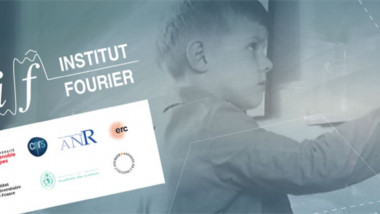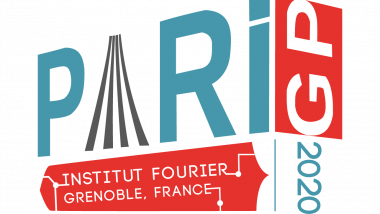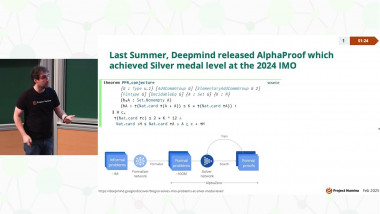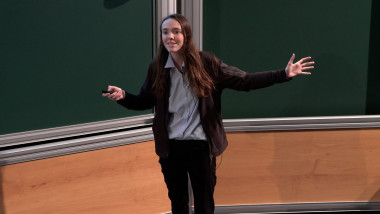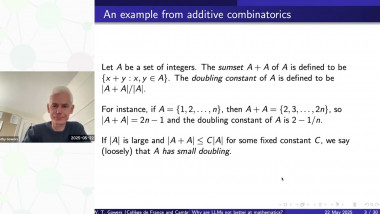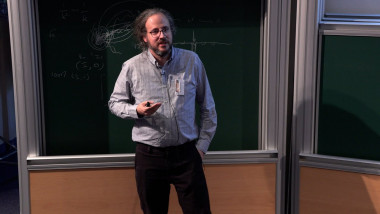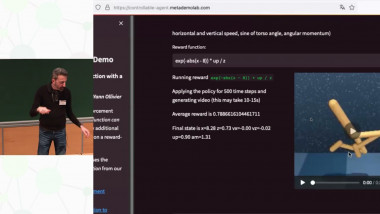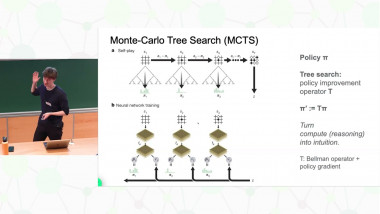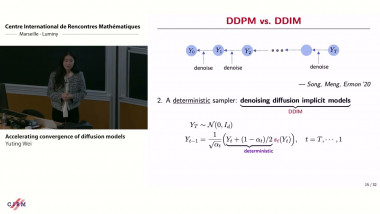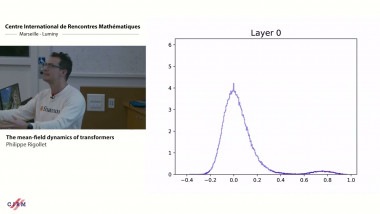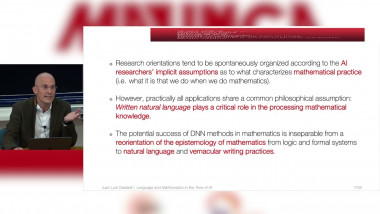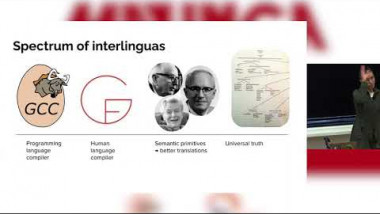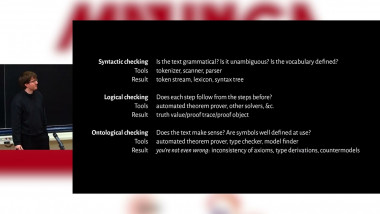Deciding What Game to Play, What Mathematics Problem to Solve
Mathematicians have limited lifetimes. A hallmark of a good mathematician is not just solving new problems well, but deciding what problems are worth solving in the first place. How do we decide what problems are worth our energy? In this talk, I will present some of our recent work aimed at better understanding how people decide what problems are worthwhile. We focus first on characterizing and computationally modeling peoples’ judgments about games they have never played before, and compare these judgments to LLMs among other alternate models. We then extend this work to mathematics and present early results and thinking about modeling evaluations about whether mathematics problems are worth pursuing (in both “everyday” and expert mathematics contexts). We close by discussing some translational potential in benchmarking LLMs and informing the design of more human-compatible AI thought partners for mathematics.

